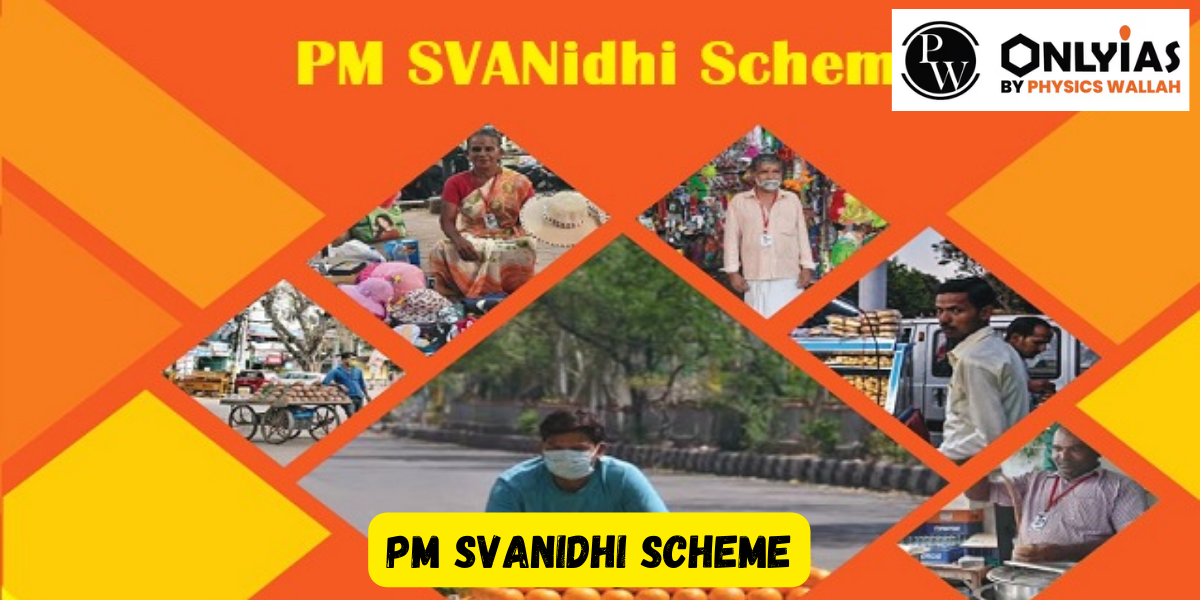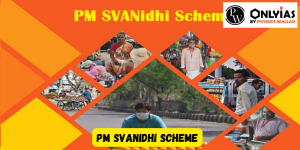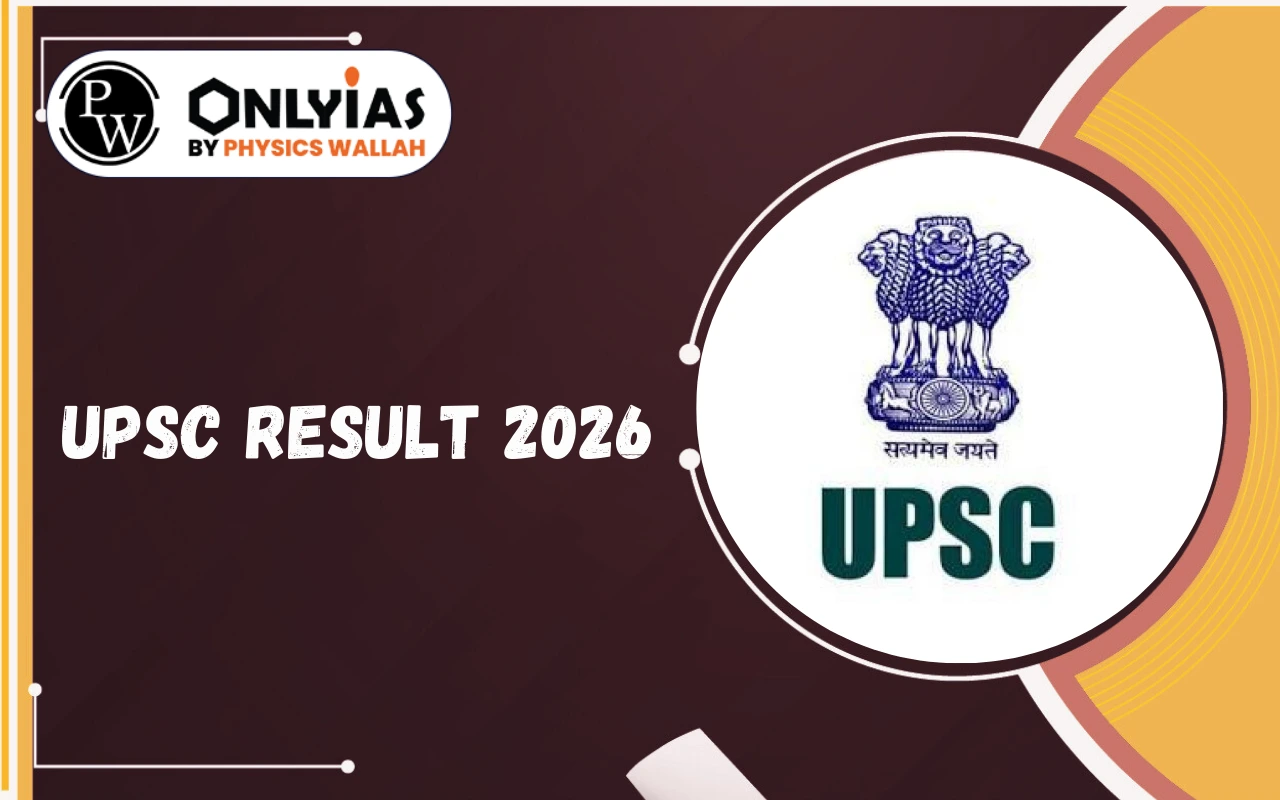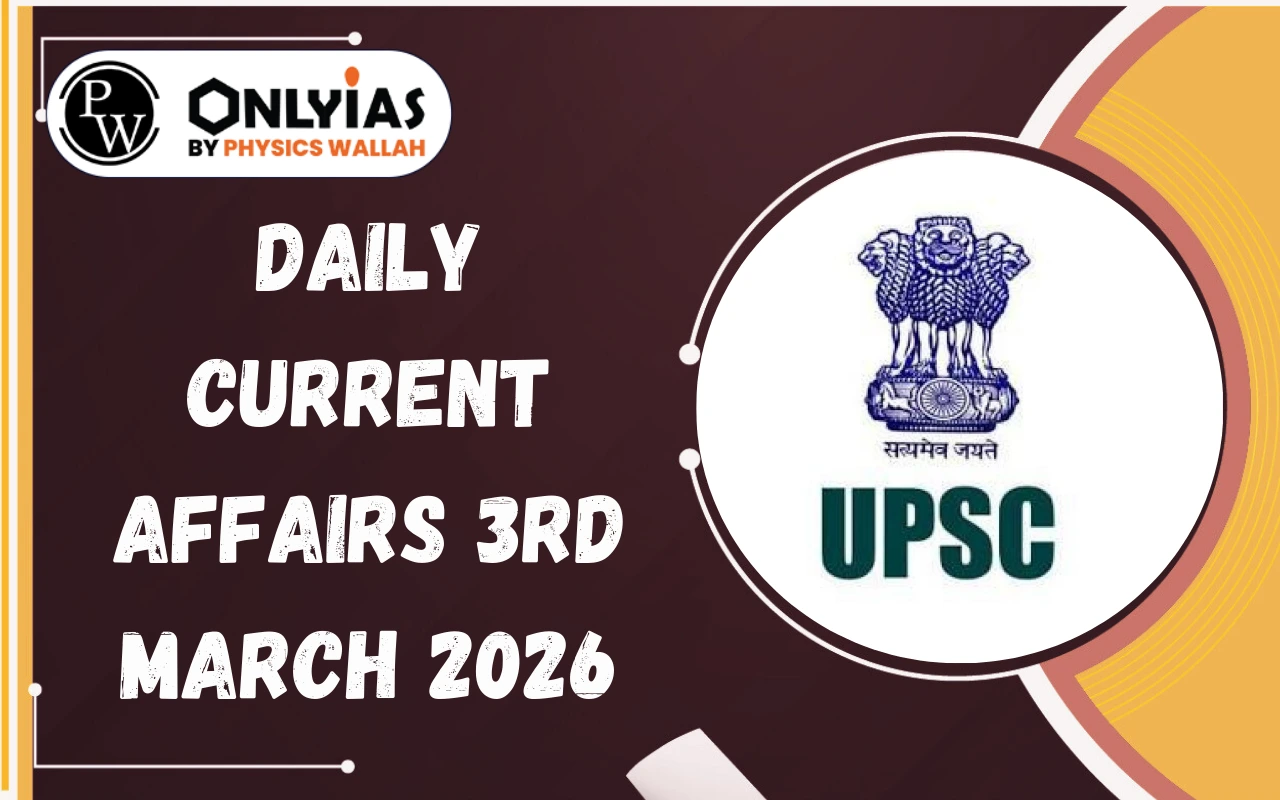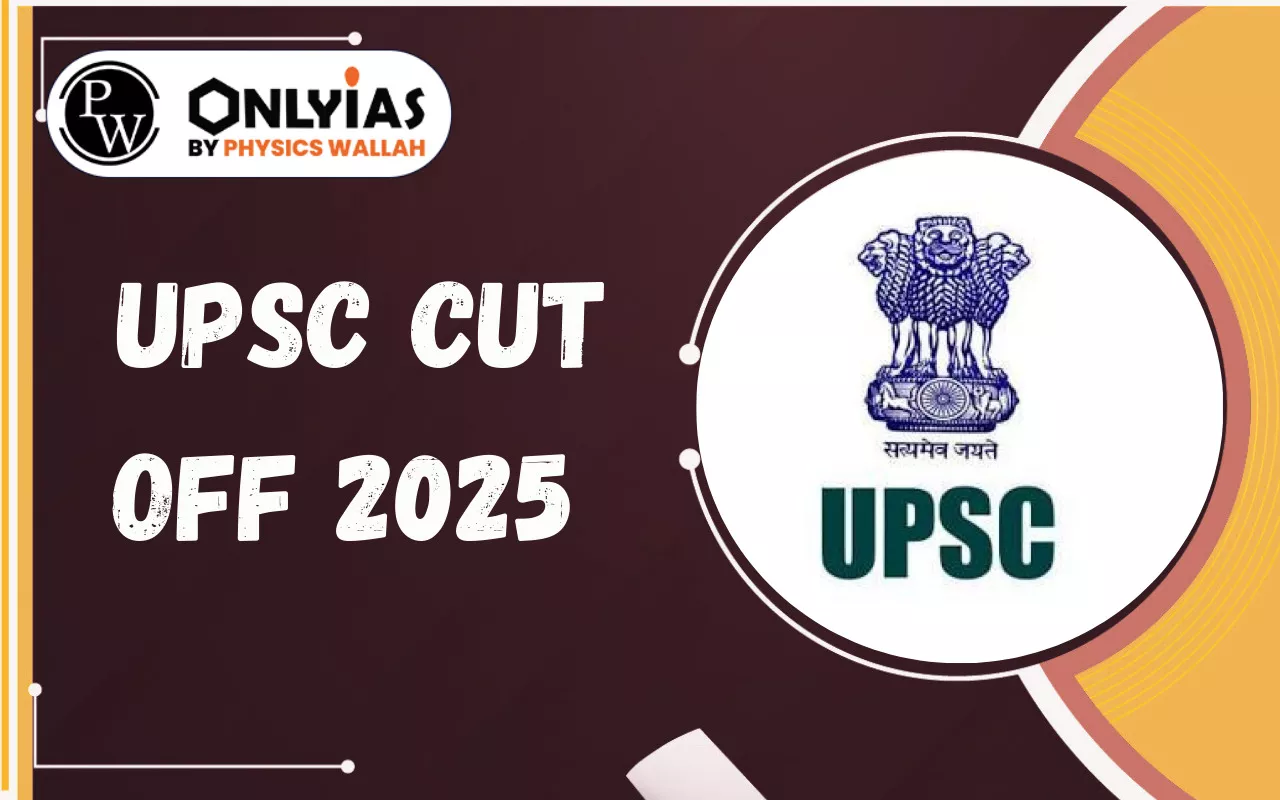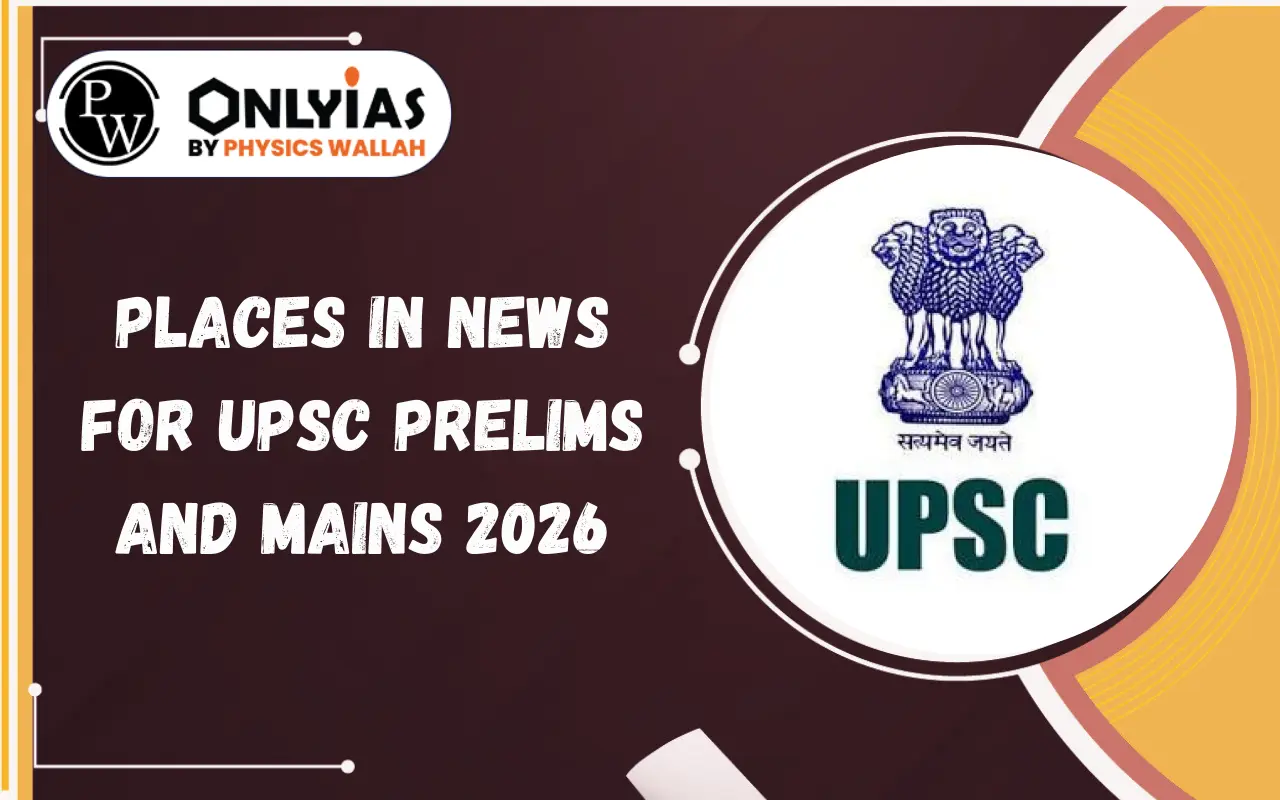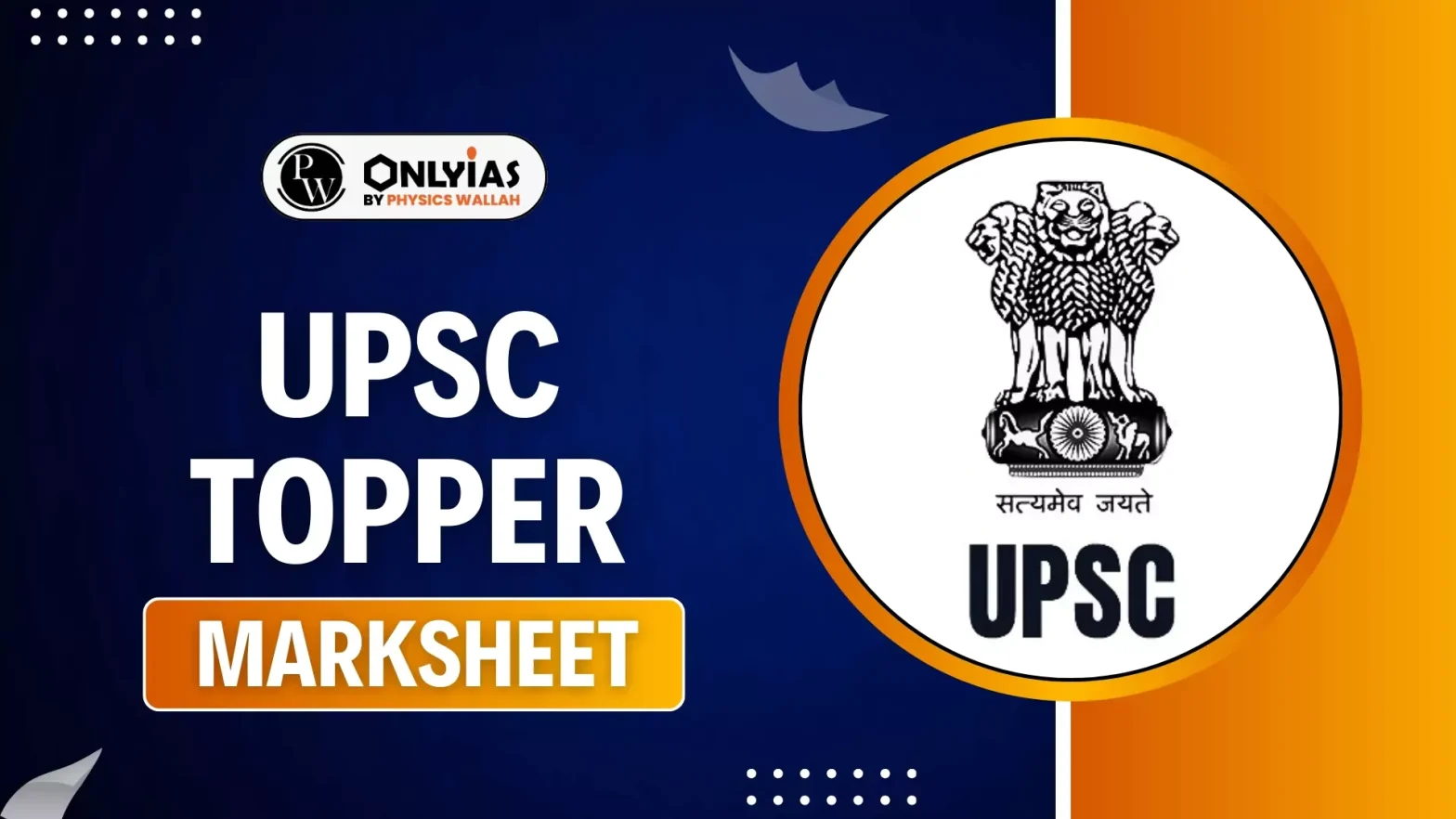The PM SVANidhi Scheme is a transformative initiative aimed at supporting the livelihoods of street vendors and integrating them into the formal economy. By offering affordable loans, digital incentives, and interest subsidies, the scheme plays a pivotal role in promoting self-reliance and resilience among one of the most vulnerable segments of society.

 GS Foundation
GS Foundation Optional Course
Optional Course Combo Courses
Combo Courses Degree Program
Degree Program



